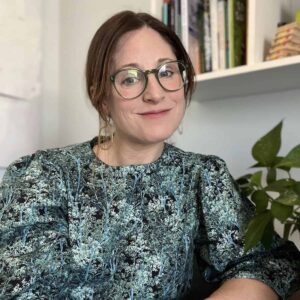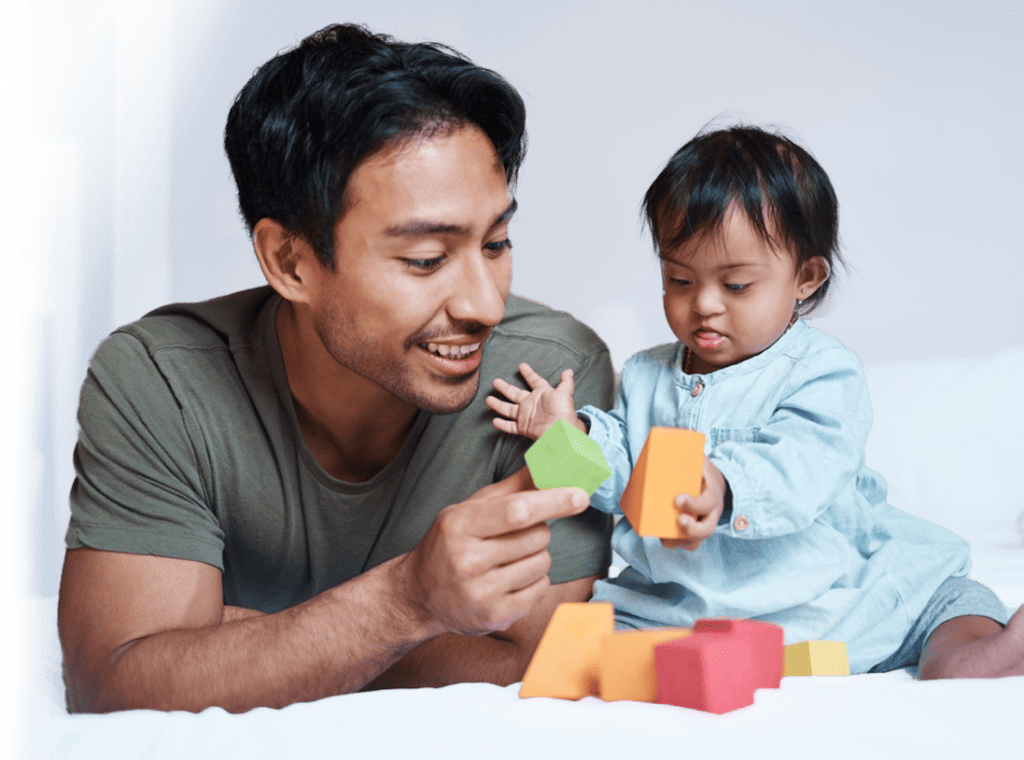Dear Mom/Dad/Grandparent/Aunt/Uncle doing the thing the other caregivers are not, Hi. I’m a mom. (I’m other things, too, but for the purpose of this letter, I’m a mom.) I’m writing because I see you, and I want you to know you’re strong. I recognize in your quiet presence that maybe you chose a different route than the ones the others are talking about. Maybe you sleep trained when everyone around you did not. Or maybe you co-slept with your child when everyone around you talked about the importance of self soothing. Maybe it was a decision around feeding. Or behavior (so many decisions around behavior!). Maybe it was which school to go to, or type of therapy to pursue. There are so many opportunities to make the wrong decision. But, guess what? We are not solving a math equation, we are raising children, and there are many variables and many ways to get ‘there’—wherever that may be!bThe other day I saw a mom of a child I knew over 10 years ago. We have not been in touch but I’d never forget the kindness and positive energy that radiated from this mother/daughter duo. We spoke about her daughter and she proudly updated me on where she was and what she was doing. In her story, I heard a theme that I’ve heard many times before and that I’ve felt as a mom: we choose camps.
There are so many opportunities to make the wrong decision. But, guess what? We are not solving a math equation, we are raising children, and there are many variables and many ways to get ‘there’—wherever that may be!
As parents and as professionals, we choose camps and we immerse ourselves in the ideas that support our decision. This is natural and this is ok, but we steer off course when we assume our’s is the camp for another family. Or that a particular camp is the camp for our child in 5 years, or next week. Development changes. Children grow. Families change. Demands change. What worked today might not work next week. So if you need to switch course, good for you for recognizing a changing need. Good for you for knowing your child so well that you are willing to have those hard conversations when other parents (or professionals!) wonder aloud if you just did it their way, you’d solve all of your problems.One of my children responds very well to routine, clear limits, and consequences. It helps him feel safe. As he’s grown, I see that he craves time on his own. He’s always needed that, but it was much harder to support him as he needed when he was small. Another child gets so easily worked up and upset that some classic behavioral techniques (ignoring, sitting in a time out, punishing for noncompliance) would be entirely counterproductive and even emotionally traumatizing. We learn about our children as we grow and they grow, and we follow their lead as they show us how they learn best and grow into their best selves. Will we make mistakes? Certainly! We all do. And that’s a good thing. Mistakes give you the opportunity to reflect and switch course.
We learn about our children as we grow and they grow, and we follow their lead as they show us how they learn best and grow into their best selves. Will we make mistakes? Certainly! We all do. And that’s a good thing. Mistakes give you the opportunity to reflect and switch course.
So if you are a parent, grandparent, relative, or other guardian, and you’re questioning your caretaking, good! I think that means you’re doing it right. I see you, Julie.
PS. If you feel alone, try an online or in-person parent meet-up or support group. Some are more formal than others, some are more active than others, but look around and see what fits. Try searching our Resource Directory and join our Facebook Page to start. Reach out if we can help.



